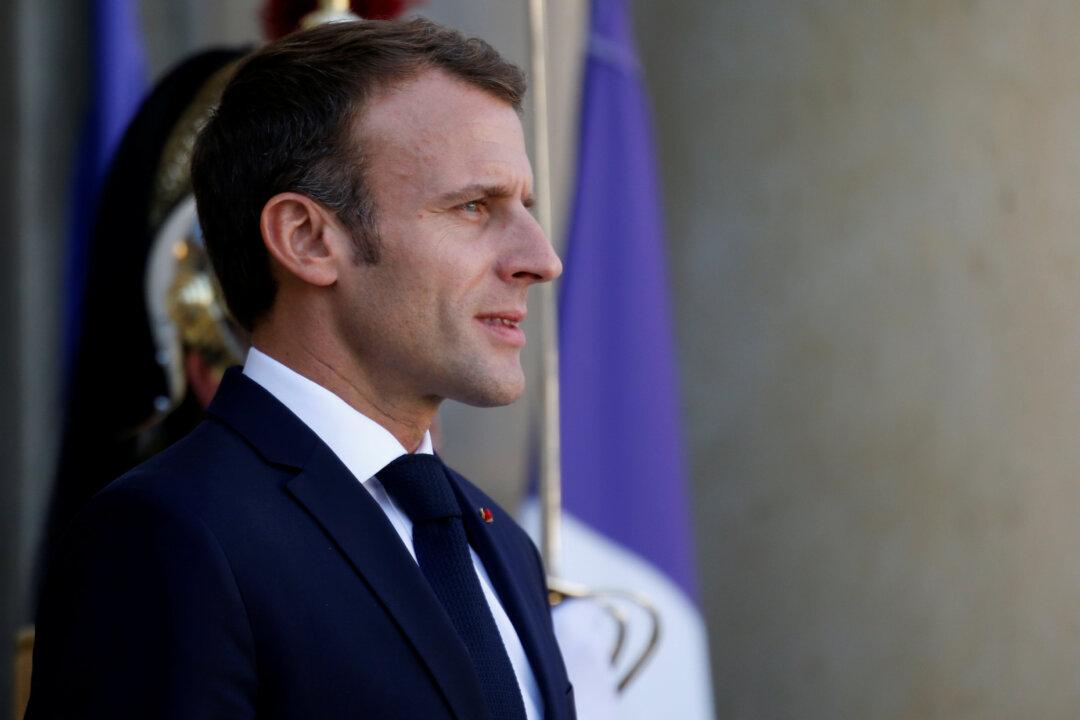PARIS—French President Emmanuel Macron has delayed a government reshuffle, raising new questions about the depth of political experience in his party and his own ability to keep his administration on track after several resignations.
The president and his prime minister have been weighing the reshuffle for a week following the departure of three ministers since late August, including interior minister and early Macron backer Gerard Collomb. The resignations have challenged the president’s authority and stalled his reform ambitions.





